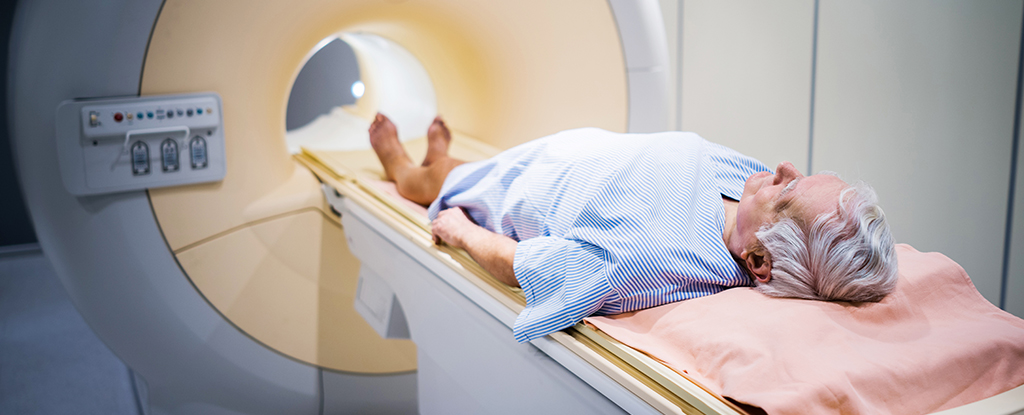A report published in the Lancet on Thursday predicts that the number of new prostate cancer cases worldwide will more than double in the next two decades. The increase is attributed to poorer countries catching up with the aging population in wealthier nations. The study estimates that the annual number of new cases will rise from 1.4 million in 2020 to 2.9 million by 2040.
Researchers point to demographic changes, increased life expectancy, and shifts in the age pyramid as reasons for the rising number of prostate cancer cases. Prostate cancer is the most common cancer among men, accounting for approximately 15% of all cases. The disease typically affects men over the age of 50 and becomes more prevalent as men get older.
Prostate cancer is a complex disease that requires careful consideration when it comes to diagnosis and treatment options. While there are various risk factors associated with prostate cancer, including family history, genetics, and lifestyle choices such as diet and exercise, hereditary factors play a significant role in its development, making it harder to prevent through public health policies.
One of the challenges facing healthcare providers when it comes to prostate cancer is early detection. Early screening for prostate cancer can help improve outcomes for those affected by the disease, but it can also lead to overdiagnosis and unnecessary treatment in some cases. Health authorities must weigh these risks carefully when developing guidelines for prostate cancer screening and management.
Despite this challenge, researchers continue to explore new treatments and approaches for prostate cancer, including targeted therapies that can help slow tumor growth or even shrink them entirely.
In conclusion, while prostate cancer remains a significant challenge for healthcare providers around the world, advances in research and technology offer hope for improving outcomes for those affected by this complex disease.


